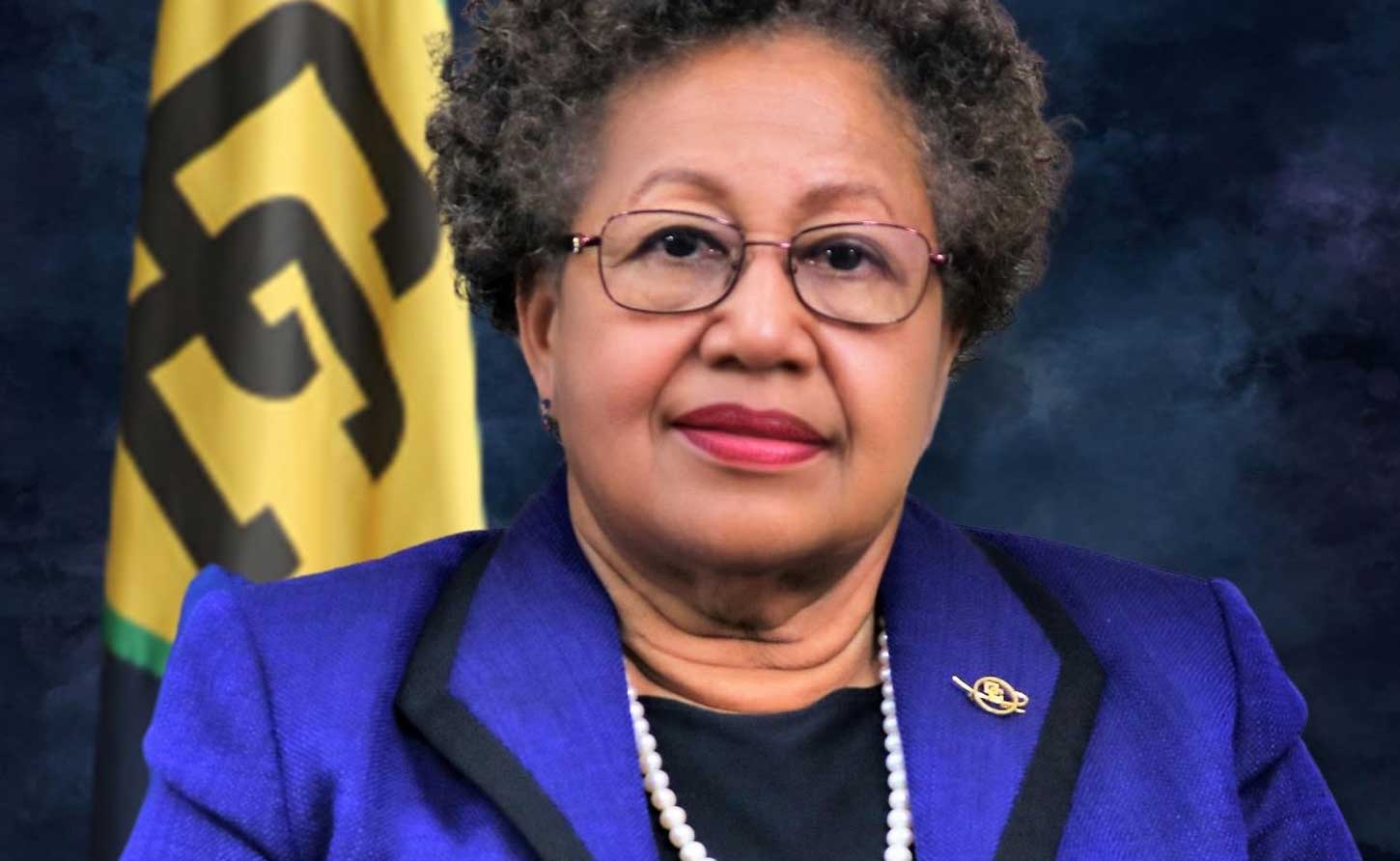CARICOM Secretary General Calls for Citizen-Led Integration Push

BRIDGETOWN, Barbados, February 19, 2025 - In a bold move to reshape Caribbean integration, CARICOM is opening its doors wider than ever before, calling on citizens from across the region - from The Bahamas in the north to Suriname in the south - to become active architects of the Caribbean's future.
The announcement came during the 48th Regular Meeting of the Conference of Heads of Government in Barbados, where Secretary-General Dr. Carla Barnett outlined a vision for a more inclusive and dynamic regional community.
"We are counting on the active involvement of all CARICOM citizens - our entrepreneurs, civic leaders, youth, and indigenous peoples," Dr. Barnett declared, emphasizing that the integration process must transcend traditional governmental boundaries to embrace voices from all corners of Caribbean society.
The meeting, hosted under the theme "Strength in Unity: Forging Caribbean Resilience, Inclusive Growth and Sustainable Development," comes at a crucial juncture for the region. With global challenges mounting - from climate change to security concerns - the Caribbean Community is doubling down on collective action as its primary defense against international turbulence.
The gathering attracted high-profile international attention, with United Nations Secretary-General Antonio Guterres and European Commission President Ursula von der Leyen joining Caribbean leaders in Barbados.
Their presence underscores the growing recognition of CARICOM's strategic importance in addressing global challenges.
Recent events have highlighted the urgency of regional cooperation. The Community's swift response to Hurricane Beryl in July 2024 demonstrated the practical benefits of unity, with member states rapidly mobilizing support for affected areas.
This spirit of solidarity extends to ongoing support for Haiti's struggle for peace and security, and unified advocacy for territorial integrity in Guyana and Belize.
Internally, CARICOM is taking concrete steps to strengthen its economic foundations. The organization is streamlining its Rules of Origin to enhance trade responsiveness, while making significant progress on its ambitious "25 by 2025" food security strategy, despite setbacks from recent natural disasters.
These initiatives form part of a broader push to make the CARICOM Single Market and Economy (CSME) more efficient and accessible to regional businesses.
Democracy remains a cornerstone of Caribbean identity, with 2025 promising to be a landmark year for regional politics.
At least eight member and associate member states are scheduled to hold general elections, including Belize on March 12, Suriname on May 25, and the newest associate member, Curacao, on March 21. Recent successful elections in Montserrat, Turks and Caicos Islands, and Bermuda have already demonstrated the region's commitment to democratic principles.
The Secretariat's enhanced engagement with stakeholders marks a significant shift in regional governance.
A dynamic group of CARICOM Youth Ambassadors now regularly interfaces with the organization, while deeper connections are being forged with the Caribbean Congress of Labour and civil society groups. These initiatives represent deliberate steps toward ensuring that integration benefits all Caribbean citizens.
Under the chairmanship of Barbadian Prime Minister Mia Amor Mottley, who previously guided the region through the initial stages of the COVID-19 pandemic, CARICOM is positioning itself to address contemporary challenges with renewed vigor.
The meeting's venue - the Lloyd Erskine Sandiford Centre - serves as a fitting reminder of the region's long-standing commitment to integration, named after one of the architects of the CARICOM Single Market and Economy.
"The global landscape is shifting, and we cannot rely on promises made or traditional assumptions," Dr. Barnett emphasized, highlighting the need for purposeful action to address economic disparities, empower citizens, protect vulnerable populations, and create meaningful opportunities for young people.
The Secretary-General's message resonates with particular urgency as the region grapples with multiple challenges, from environmental threats to economic pressures.
Yet, it's the emphasis on citizen participation that marks a distinctive evolution in CARICOM's approach to regional integration. The organization appears to be moving beyond its traditional government-centric model to embrace a more inclusive vision of Caribbean unity.
Looking ahead, the success of this renewed push for integration will largely depend on how effectively CARICOM can translate its inclusive vision into tangible benefits for Caribbean citizens.
With the Revised Treaty of Chaguaramas as its foundation, the organization is betting that broader citizen engagement will strengthen regional resilience and accelerate economic development.
As the meeting in Barbados unfolds, one thing becomes clear: CARICOM's future will be shaped not just in the corridors of power, but in the streets, businesses, and communities across the Caribbean.
The invitation has been extended; now it's up to Caribbean citizens to help write the next chapter in their region's integration story.
-30-
